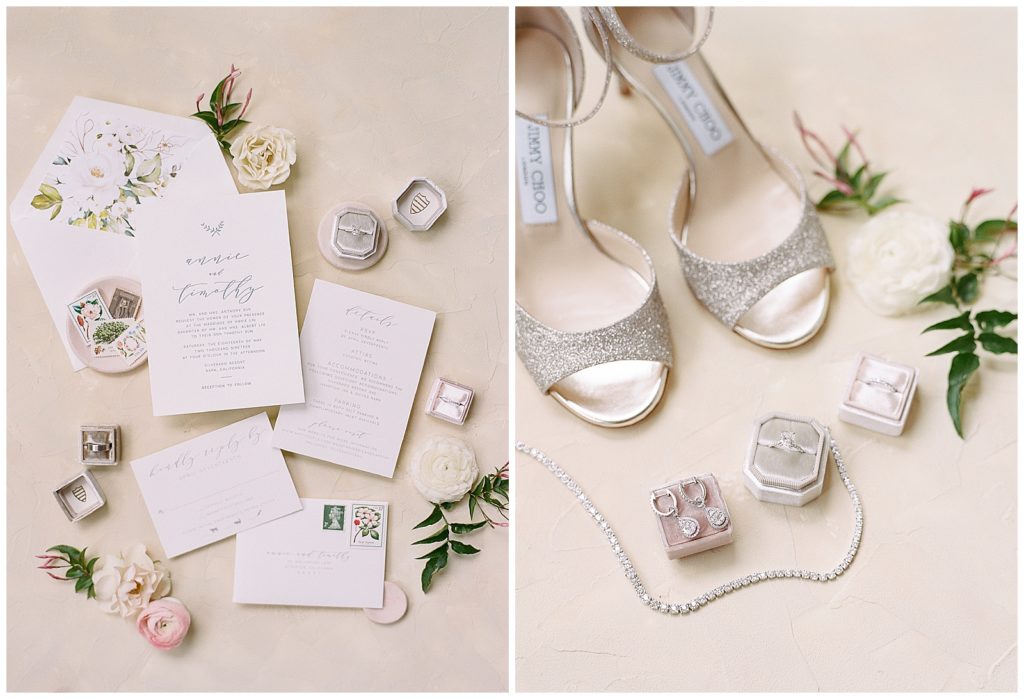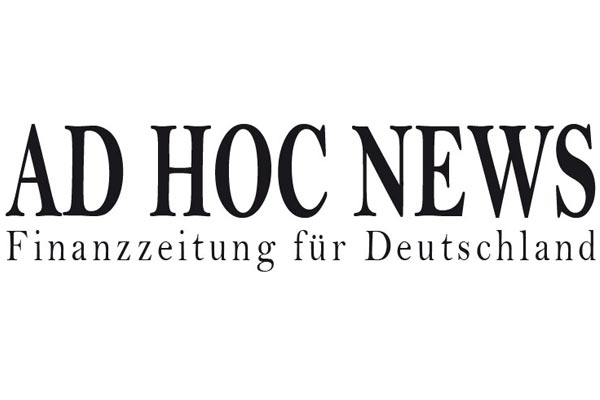Table of Contents
Imagine having to ask for permission to use your branded product name. That’s just what It happened to Apple in the 80s by Macintosh, the computer that changed the world of computing and almost lost its iconic name.
The year was 1982, There were two years left until the legendary show he Original Macintosh. Steve Jobs was determined to launch a computer that would revolutionize the market. But there was a small problem: the name “Macintosh” was already owned by another company.
Where did the legendary name come from
Jeff Raskin was the original creator of the Mackintosh project, although it was chose the name “McIntosh” in honor of your favorite appleCanadian variety. Raskin, in his desire to avoid female names for computers (which he believed to be sexist), chose the name of a fruit. In addition, it fits perfectly with the name of the company. However, the company McIntosh Laboratory, a manufacturer of high-end audio equipment, had already registered the name.
McIntosh Laboratory is a New York based company that specializes in manufacturing high end audio equipment. In fact, They just turned 75 years old and are still leaders in their sound innovations and design. They make amplifiers famous for their high fidelity and low distortion. Their products are recognizable by their black glass front and illuminated bezels.
With this situation, Apple was forced to change the name to “Macintosh” to avoid legal conflicts and allow trademark registration. At that time, he was nowhere near the giant he is today; He faced a dilemma: change the name or compromise. Steve Jobs went ahead and chose both.
On November 16, 1982, Steve Jobs decided to act on the matter (literally). They had already changed the original name from McIntosh to McIntosh, but by pronouncing it the same, there was a risk of legal problems with McIntosh Laboratory. For this reason, and with his usual charisma, Jobs wrote a letter to the president of the sound company. In it he said:
We have grown fond of the Macintosh name. As if it were our own child, our product has developed a very defining personality.

The price of a name for history
Fortunately for Apple, McIntosh Laboratory was willing to compromise. But he was not free. It is considered that Apple He had to pay a minimum of $100,000 and another “significantly larger” to secure the rights to the name. There are no details about the final price, but it is known that it was a big effort for Apple in the 80’s.
By now, many of us already know the story. The Macintosh finally saw the light of day in 1984, changing the world of personal computers forever. Decades later, the name lives on in products like iMac, MacBook, and macOS. Although, abbreviated as “Mac”. And it is curious, but Apple didn’t use the word “Mac” to 2005 with the presentation of the first Mac mini.

Which will make you wonder how Apple spent a lot of money to make sure that “Macintosh” was theirs. And now 21 years later, that name has almost disappeared from the map. Today it only lives on as the name of Mac’s hard drive.
The Applesfera | History of macOS: how Apple’s operating system was born and what are its most iconic versions
The Applesfera | Steve Jobs said: “It has to fit on my coffee table.” Today Apple faces it with four different sizes
2024-11-20 09:44:00
#Steve #Jobs #wanted #Mac #York #company #forced #change #ran #trouble

What lessons can other tech companies learn from the naming conflict between Apple and McIntosh Laboratory over the “Macintosh” name?
1. How did McIntosh Laboratory, a New York based company, influence the naming process of the original Macintosh computer?
2. What was the compromise reached between Apple and McIntosh Laboratory regarding the use of the name “Macintosh”? Can you speculate on the impact this had on both companies at the time?
3. In retrospect, do you think Apple made the right decision to spend so much money securing the rights to the name “Macintosh”?
4. Why do you think the name “Macintosh” has become less prominent over time, even within Apple’s product lineup?
5. As we look to the future, what role might “Macintosh” play in Apple’s continued success in the tech industry?
6. Do you think it’s important for companies to invest in their brand names and trademarks, or are there other factors that contribute more significantly to long-term success?
7. Can you think of any other examples in history where a company had to change its name due to legal conflicts or other external factors? How did they manage this process, and what was the outcome?


